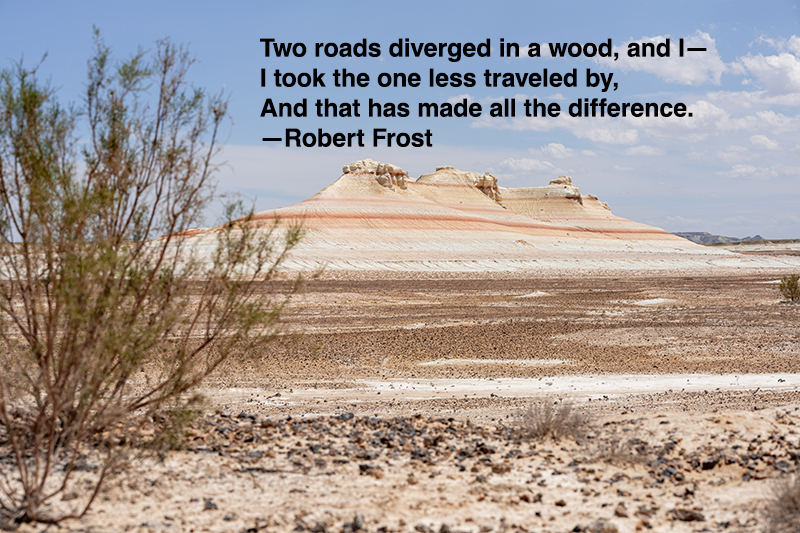It’s always a pleasure to meet a client who’s interested in working with me to communicate better. As a consultant running my own business, I’m at an unusual end of the spectrum of options for many of my clients. There are several large consultancies who help good causes and nonprofits in America. They tend to dominate the conversation when leaders are mulling a decision. Many of them have been in business more than 15 years and their client rosters include a who’s-who of large orgs. Nobody will fire you for choosing to work with any of them, and God bless you for playing it safe.
But here’s the thing: Where there’s no risk, there’s also less reward. The staff at these organizations have incentives to bill a lot of hours. They have incentives to avoid being direct with their clients. And it’s big business. The incentives are there to take you and your challenges for granted. In the end, there are accountants calculating your value to the companies’ bottom line.
Ask yourself: Who owns a majority share in your PR or strategic communications agency? Who’s pocketing the profit? Have you ever even met them? Do they even know your name?
I would hate to feel taken for granted. I hate it so much, actually, in everyday life. I’m the guy who wants you to appreciate my business. From the barbershop to the coffee shop. I love that attitude in my clients too.
When it comes to those big firms, by nature, I can’t work in an organization like that. I can’t stomach charging you money without being serious about delivering results. I have high standards and that means paying you proper attention. I can tell you horror stories about clients who are paying $50k a month for an agency to do almost nothing for them. The hardest part for the agencies—who generally hire idealists—is handling the guilt. Picture that.
I would prefer to work with clients who like me, and who feel I’m delivering real value. I’ve told clients, in the past, that I feel guilty taking their money if they don’t actually want results. So: I don’t tie my clients into year-long contracts and presume they’ll renew without a blink. By nature, my business walks a higher wire than those folks’ do. I have a little more edge to me. Various experiences have shaped me, and I’m comfortable being that guy. The one who’s comfortable telling you what you need to hear, but not always what’s in my interests.
Here’s a good example. A couple of weeks ago I spoke with a very wealthy would-be client. He’d invested a lot of money producing a commercial to try to persuade a specific group of voters to turn out. At the same time, for family reasons, he didn’t want to put his name on any publicity attached to the work. I told him he’d be better off investing any money he might have spent on my services in promoting the ad. The interest in a story about why he was producing it would be dependent, I said, on him owning the narrative. He has a young child and his wife is nervous about attracting undue attention. That is what it is. So I was straightforward.
“There are agencies out there who would have spent weeks and charged you $20,000 or more to tell you the same thing,” I said. “But I’ll do it for free, even though you might not love hearing it.”
He was grateful. And we both moved along. If you’re on the board of a nonprofit, though, or if you’re the chief exec, I’ll ask you this question. Do you think your organization is getting the attention you deserve? Do you think the people who show up for the meetings to handle your PR lose sleep over satisfying you? Would you prefer to trust that they do, without checking? Or are you in the mood to disrupt things, a bit? Would you like to try working with an expert who might deliver better results? And what would it take for you to get in touch with me for a conversation? It’s the sort of decision many people take all the time. It’s not so risky. It’s about realizing you don’t like it when people take you for granted and you’d like to try a pivot. That’s all.
—Matt Davis is a communications consultant and writer for a wide variety of clients. He also teaches yoga and lives with his wife and son in New York


